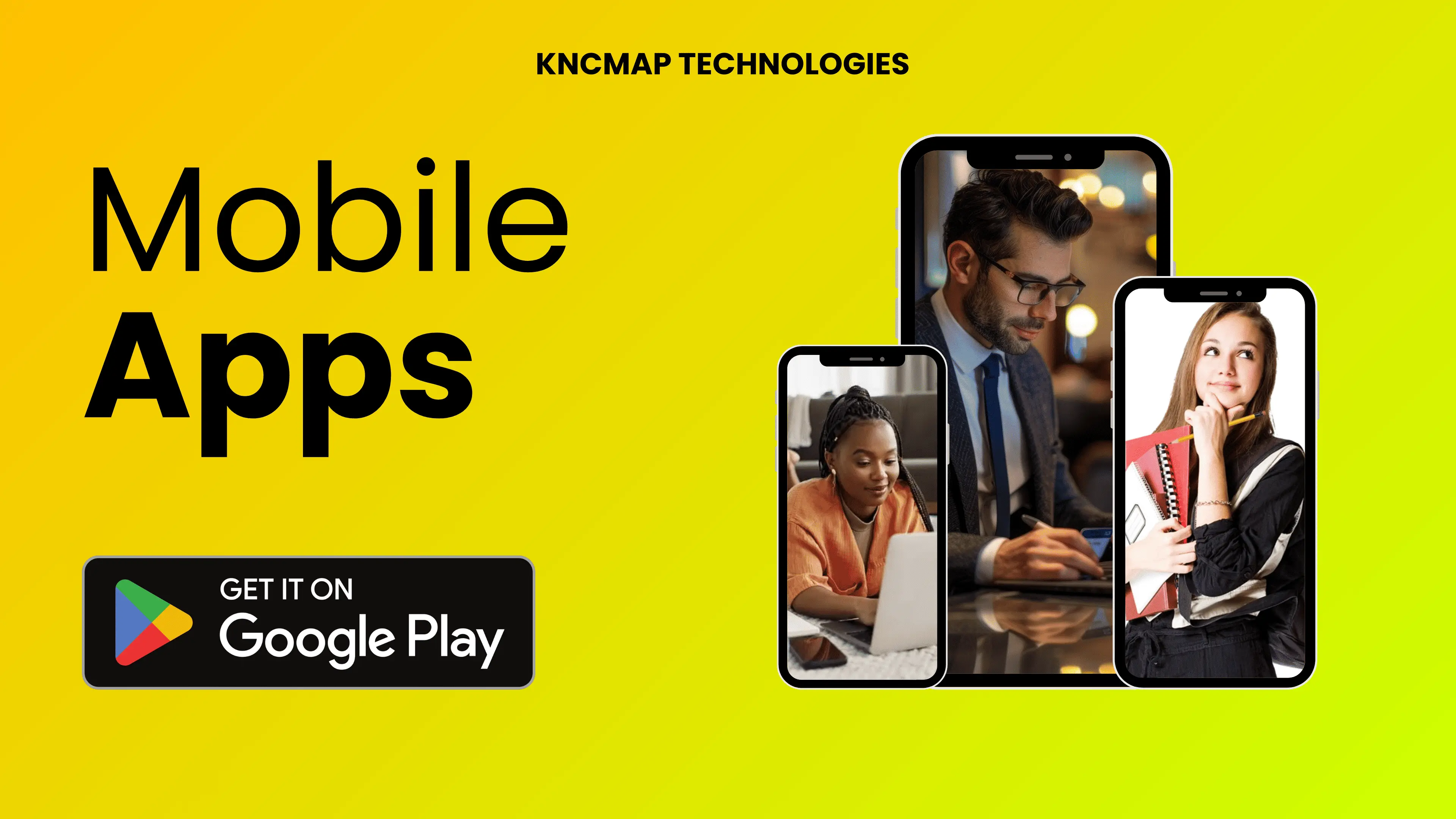
App Development
Our Android App Development Services provide comprehensive, custom solutions for building high-performance, user-friendly mobile applications for your business needs. Browse Our Apps On Google Play Store.
An Artificial Intelligence, Machine Learning and Quantum Computing Company

Our Android App Development Services provide comprehensive, custom solutions for building high-performance, user-friendly mobile applications for your business needs. Browse Our Apps On Google Play Store.

This app is a s...

Unlock Python w...

The MRI Rental ...

This app is per...
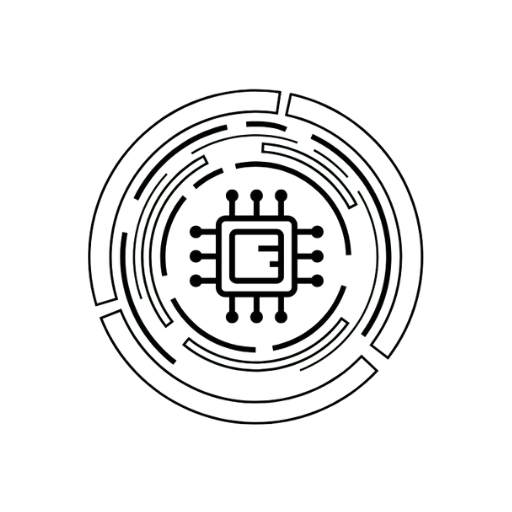
KNCMAP is your ...
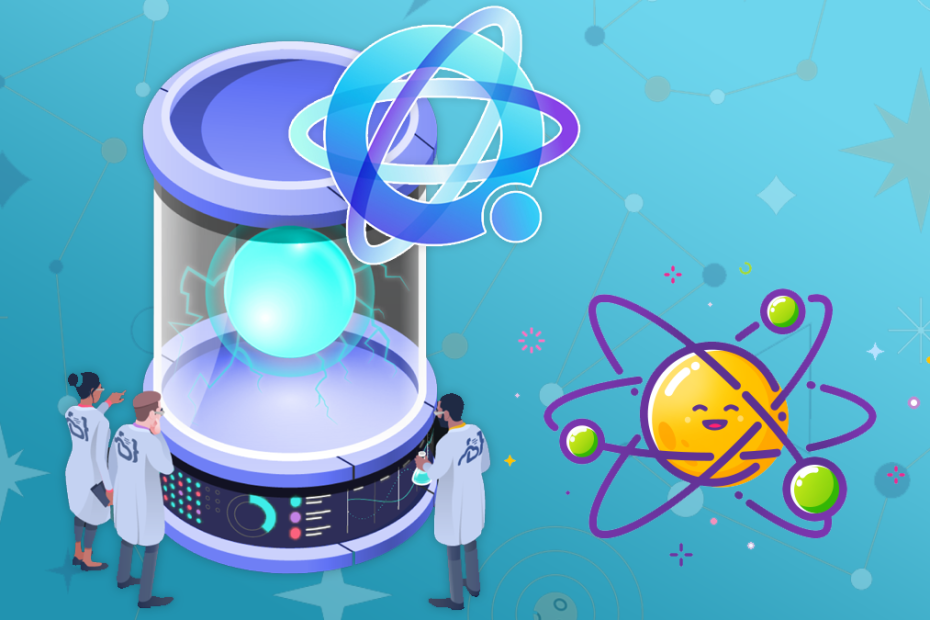
By integrating quant...

Our quantum security...

We help businesses u...

AI Reports Generator...
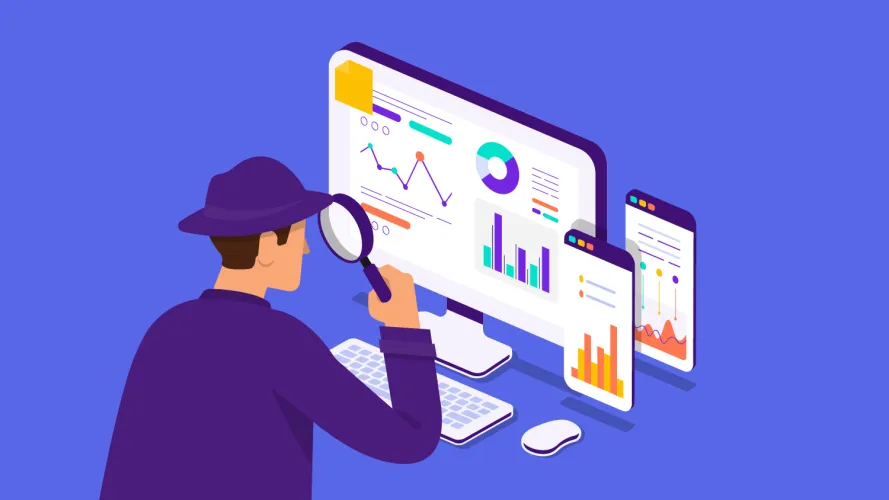
An AI Audit Assistan...

A customer chatbot i...
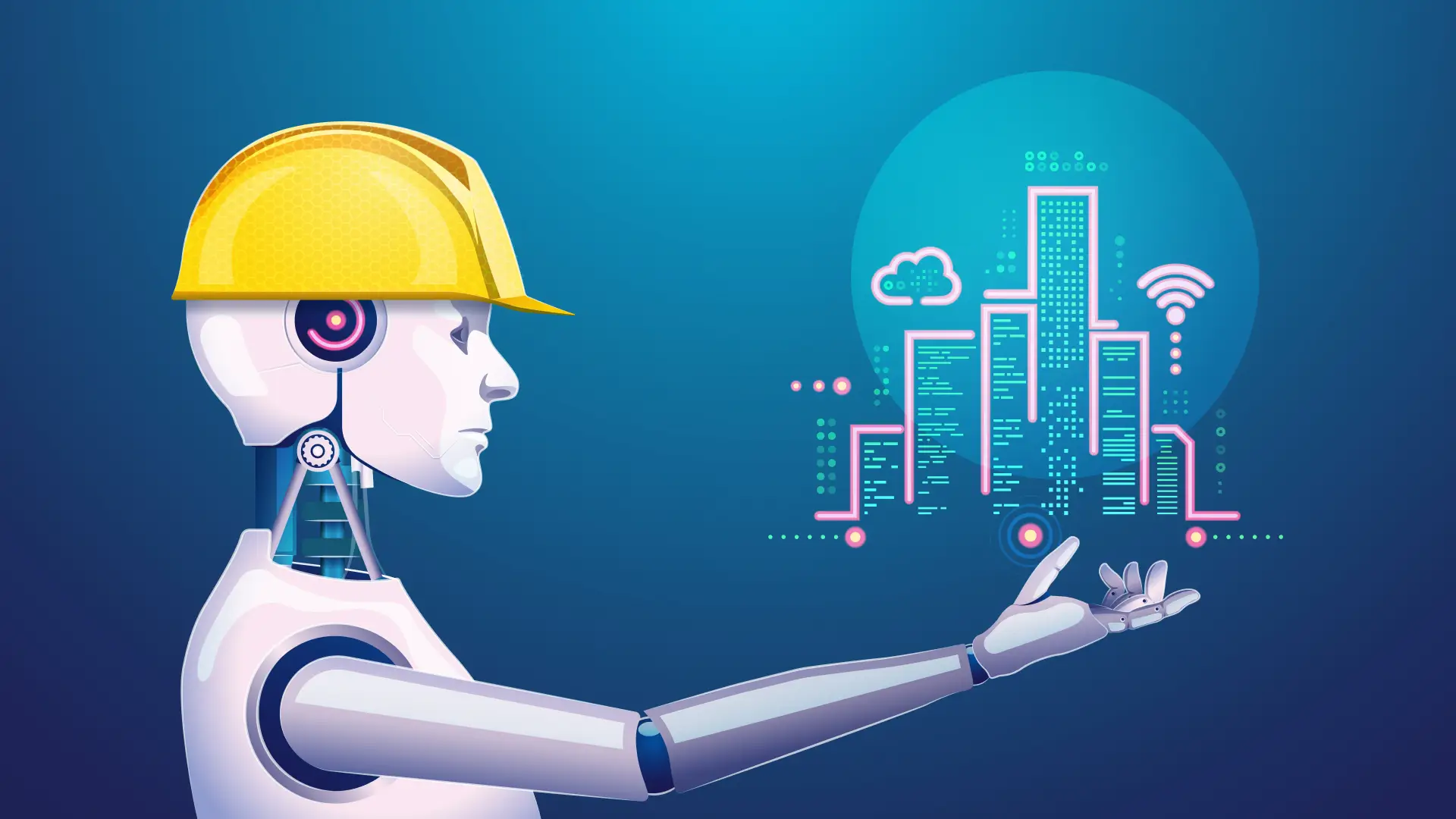
This course is desig...

Bring your ideas to ...

Build a powerful onl...

Transform your busin...

Integrate IoT device...

Unlock the power of ...

Cutting-edge solutions powered by AI and ML, designed to drive efficiency and transform your business. We leverage the latest technologies to create smart, data-driven solutions that unlock new opportunities. Our focus on innovation ensures your organization stays ahead of the competition in an ever-evolving digital landscape.
Customized services designed to fit your unique business needs, ensuring maximum impact and efficiency. We take the time to understand your goals, challenges, and vision, crafting solutions that are aligned with your specific objectives. Our personalized approach ensures that every aspect of the service is optimized to deliver the best possible results for your business.
A dedicated team of experienced professionals, committed to delivering high-quality solutions. With a focus on innovation and efficiency, we ensure your project’s success from start to finish. Our team works collaboratively to meet deadlines and exceed expectations, driving results that make a lasting impact.
From consulting to implementation and support, we provide comprehensive solutions tailored to your needs. Our team ensures seamless integration and smooth execution, guiding you through every phase of the project.
Successful projects across multiple industries, demonstrating our expertise and versatility. We have a history of delivering impactful solutions that drive growth and innovation. Our team’s ability to adapt and excel in various sectors ensures that we meet the unique needs of each client with precision and excellence.
Westland Sarit Center, Nairobi Kenya
08:00 - 17:00 Daily

